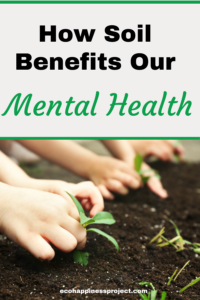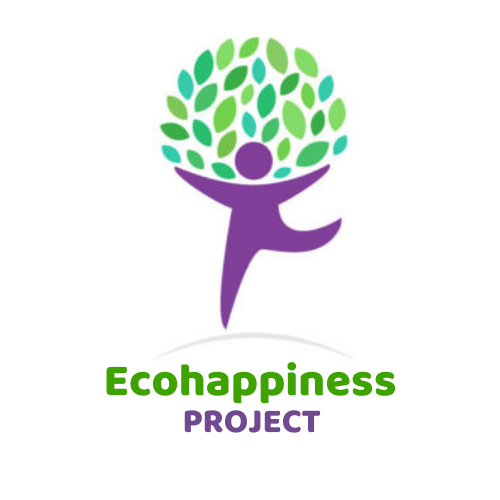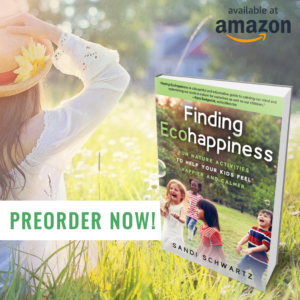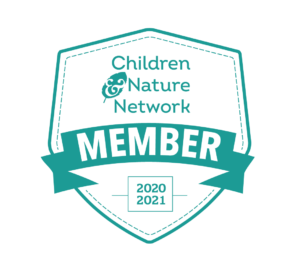 Do you ever encourage your kids to play in the dirt? It is certainly no fun as a parent to have to clean up muddy children after they have been rolling around outside, but now scientists tell us that getting dirty can actually be good for our well-being. According to the National Wildlife Federation’s The Dirt on Dirt pamphlet, “Making direct contact with soil, whether through gardening, digging for worms, or making mud pies, has been shown to improve mood, reduce anxiety, and facilitate learning.” And this advice isn’t just for our kids–we can benefit from soil as well.
Do you ever encourage your kids to play in the dirt? It is certainly no fun as a parent to have to clean up muddy children after they have been rolling around outside, but now scientists tell us that getting dirty can actually be good for our well-being. According to the National Wildlife Federation’s The Dirt on Dirt pamphlet, “Making direct contact with soil, whether through gardening, digging for worms, or making mud pies, has been shown to improve mood, reduce anxiety, and facilitate learning.” And this advice isn’t just for our kids–we can benefit from soil as well.
Research on Soil Benefits
The secret is in the microscopic bacteria found naturally in soil. Believe it or not, the discovery that soil could improve mental health was made by accident. In 2004, Dr. Mary O’Brien, an oncologist in London, published a paper with unexpected results. After injecting lung cancer patients with a common soil bacterium called Mycobacterium vaccae (not live) to see if it could prolong their life, she found that it significantly improved their mood and quality of life. Her patients reported feeling happier and more energetic. This spurred additional research over the years.
A few years later, neuroscientist Dr. Christopher Lowry injected Mycobacterium vaccae into mice and observed them during a series of stress tests. The mice injected with the bacteria showed less stressed behavior than other mice. Lowry and his team explained that the bacteria activated neurons in the brain responsible for producing serotonin. This interaction is very similar to how antidepressants work and how we feel more positive emotions after physical exercise. In addition, the neurons that lit up were related to the immune response, suggesting a connection between the immune system and emotional health. Lowry’s research also found that eating the bacteria could result in the same benefits. He went on to conduct follow-up studies over the years that confirm the positive effect of the bacteria on mental health.
An intriguing study in 2020 found that playing in a forest-like environment can alter children’s microbiome in a positive way. Daycares in Finland created such an environment by rolling out a lawn, planting forest undergrowth, and having the children care for crops in planter boxes. As a result, the diversity of microbes in their guts and on their skin was healthier after about a month. Compared to other children in the city who play in standard urban daycares with schoolyards made of pavement, tile, and gravel, these children had more diversity in their microbiome, which is linked to a healthier immune system. Also, their intestinal microbiota was similar to children visiting a forest.
What This Means for Us
It is believed that we can take in Mycobacterium vaccae by touching the soil, eating trace amounts of it on garden vegetables, and even breathing it in. The bacteria are known to thrive in typical backyard gardens or anywhere soil is enriched with organic matter. As much of society has moved away from an agricultural lifestyle to spend the majority of time indoors, we have lost contact with the microorganisms we need in our gut to help regulate our immune system. This puts us at higher risk for inflammatory disease and mental health issues like anxiety.
Activities to Engage with Soil
We can easily use this information about the mental health benefits of soil to help our family feel happier and calmer. Spending time reconnecting to the earth can improve our overall health and well-being. Here are some ways to engage with soil:
- Create a family garden in your backyard. If digging an entire garden in your backyard sounds intimidating, consider starting slow by growing a few herbs on your windowsill or one vegetable at a time in a large flowerpot. Just be sure to still touch and connect with the soil in the pots.
- If you do not have the room or desire to create a garden in your backyard, collaborate with a neighbor or purchase a plot at a local community garden to tend.
- Look for opportunities to volunteer in a local school, hospital, or community garden.
- Join a local gardening club or start one in your community.
- Volunteer at a local farm to help plant, pick, and water the produce.
- Try some earthing on the soil. Also known as grounding, earthing involves standing or walking barefoot on the ground. The goal is to walk barefoot while paying close attention to the soles of your feet as they connect with the earth’s surface.
Want to discover more nature activities to help you and your family feel happier and calmer? Check out my new book, Finding Ecohappiness: Fun Nature Activities to Help Your Kids Feel Happier and Calmer.






Great post on ideas to engage in eco nurturing projects and ways to reconnect with nature. Out door activities like this help kids to become more environment savvy and boost mental health.
Very interesting post. I didn’t know the soil could provide beneficial bacteria. Thank you for sharing.
Somehow I knew intuitively that this was true, because I’ve always talked about garden therapy.
Does this mean we should eat dirt? Because it’s good news for parents with little kids who do just that. I doubt it ever really hurt anyone.
Pinning and sharing!
Thank you for this refreshing article!
Laurie
Ridge Haven Homestead
Homestead Blog Hop
What an interesting post. I’ve never known about a correlation between mental health and soil, but when I think about gardening, that makes sense. Gardening is so refreshing! Thanks for sharing!
~Michelle
https://michellescrazybusylife.net